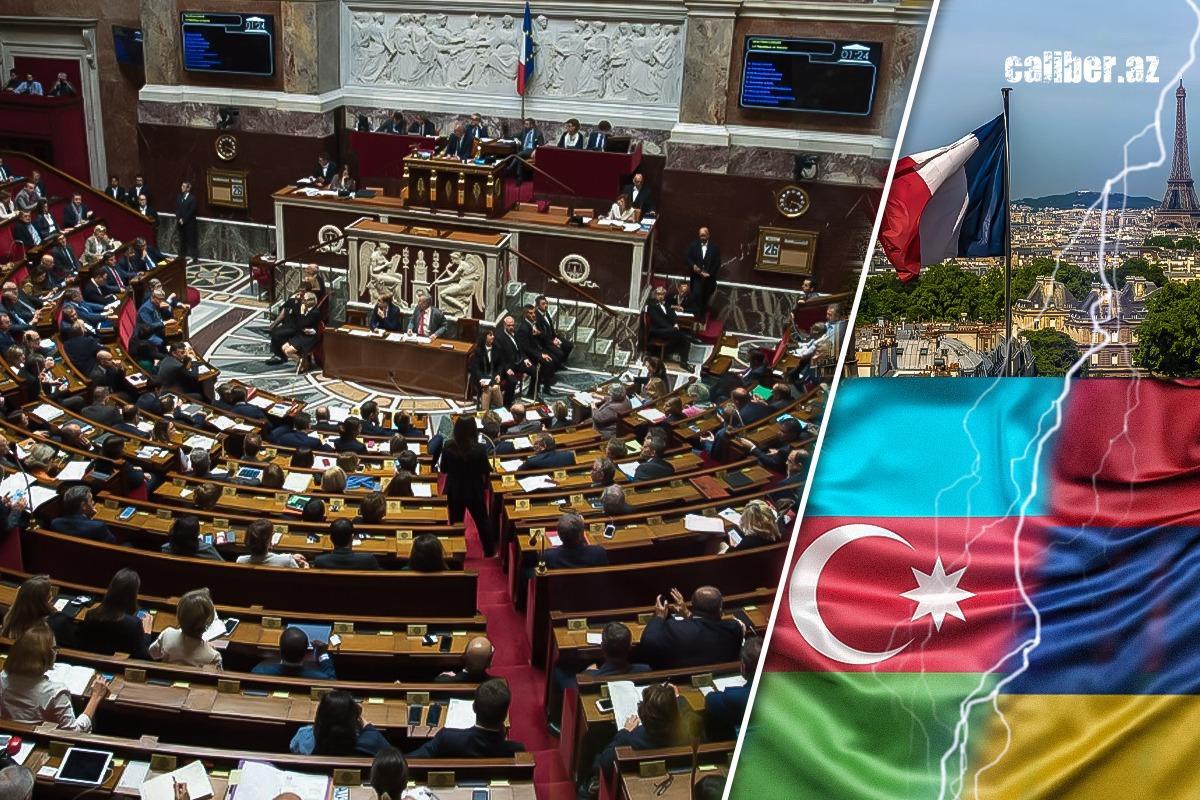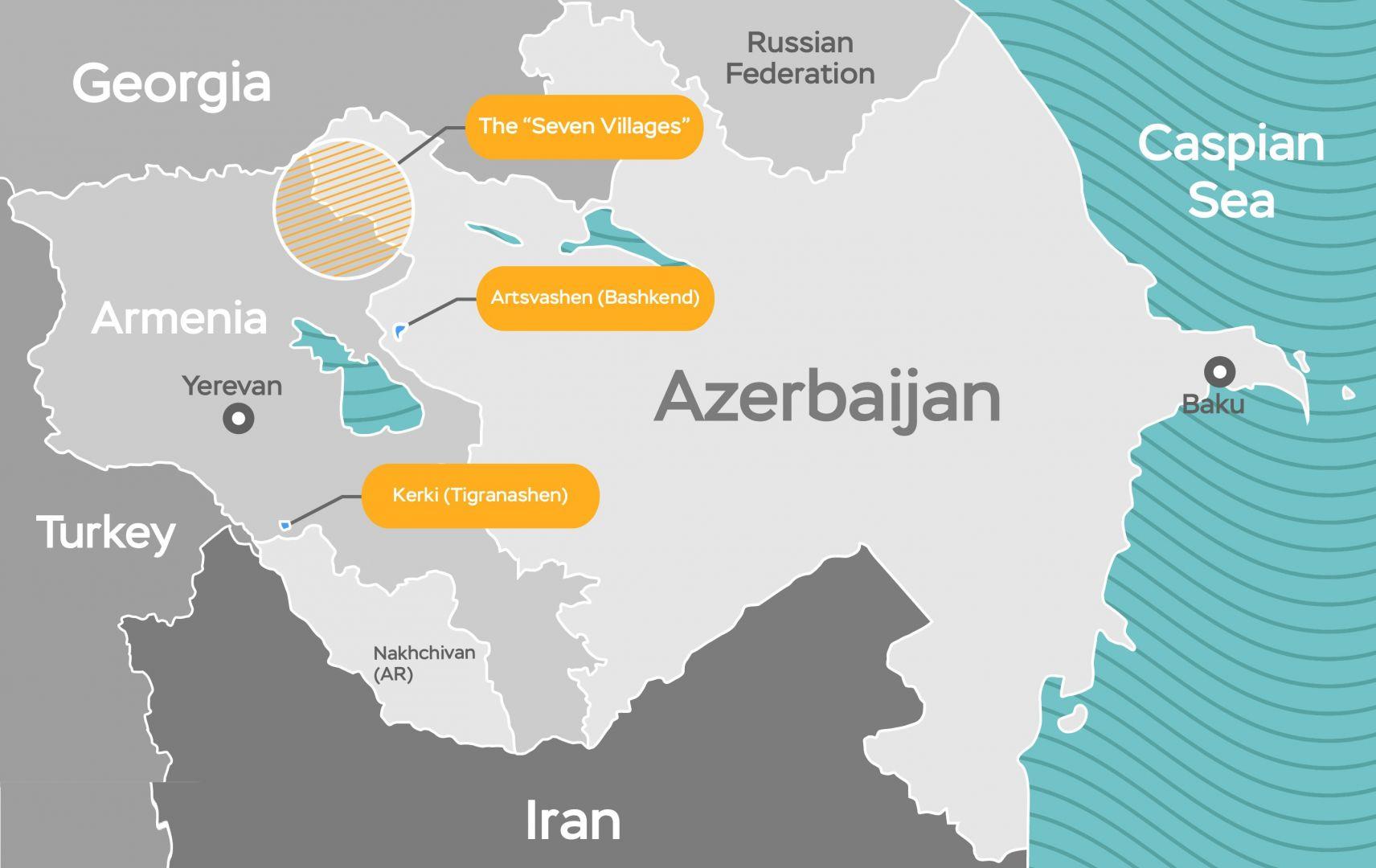Will 2024 be a year of solution for the Azerbaijan-Armenia peace process? Enemy could become a best friend
2024 marked new expectations for the Azerbaijan-Armenia peace process, which stalled in 2023 as both sides did not reach a significant consensus regarding the final peace agreement throughout the year.
However, in early 2024, Baku and Yerevan signalled that they were interested in returning to the diplomatic track within the bilateral negotiation format without external mediators. Such development came after a round of relatively successful peace negotiations in Brussels, Washington, and Moscow.
As such, at the end of 2023, Azerbaijan and Armenia agreed to initiate political normalization to foster peace negotiations. In December 2023, Azerbaijan and Armenia agreed to a prisoner swap deal under which Baku freed 32 Armenian servicemen, and Armenia freed two Azerbaijani servicemen. Nevertheless, the process faced stalemate since then as both sides accused each other of “not demonstrating commitment and fulfilling the terms of the November 2020 agreement."
The joint agreement between the countries was the first of its kind not to bear the signature of any mediators. However, there was speculation about behind-the-scenes mediation, possibly by James O'Brien, the top US diplomat, who visited Baku the day before the statement was issued.
Claims that a landmark treaty between Armenia and Azerbaijan is imminent have been made so often in recent years that they now attract little attention. After Azerbaijan's September operation to regain full control over the Karabakh region, the balance of power significantly shifted, as did negotiation terms.
With the full liberation of Karabakh, Azerbaijan pursued different strategies in the negotiation, attempting to "sideline" external influence over the peace process and securing face-to-face meetings with Armenian counterparts.
Unsurprisingly, Baku’s firm stance regarding direct negotiations and harsh criticism of the Western partners of double standards neglected relations, particularly with France and the United States (US).

Azerbaijan’s diplomatic standoff with France reached the point of no return due to the latter’s open support to Armenia and the recent anti-Azerbaijan resolutions adopted by the French Senate. The French government’s stance and bellicose rhetoric made it clear that Azerbaijan would never accept the mediation of President Emmanuel Macron.
From the Azerbaijani perspective, peace with Armenia could be reached only through mutual consensus and fulfilment of all requirements of the November agreement. Since 2020, Baku demanded Yerevan provide a land route to Nakhchivan, though its long-term pressure did not yield significant results.
On the contrary, Azerbaijan's demands for a land corridor stirred pro-Armenian sentiments in the West, boosting an information campaign against Azerbaijan's "potential invasion of Armenia's Syunik province." Due to the hysteria, the Azerbaijani government announced that it dropped the Zangazur Corridor project from the agenda by investing in an alternative land route via Iran.
Nevertheless, the Armenian government cautiously watched Azerbaijani President Ilham Aliyev’s recent comprehensive interview and his remarks regarding the Zangazur Corridor. Moreover, President Aliyev, during the interview, highlighted the importance of the return of enclaves and border villages that have been under Armenian control since the First Karabakh War three decades ago.
Now that Azerbaijan has restored full sovereignty over Karabakh, more focus is on the villages, and their status is also in play as the two sides prepare to negotiate over a formal border and a final resolution to the conflict.

There are seven such villages in northwestern Gazakh district. Four of the seven villages – Baghanis Ayrim, Lower Askipara, Kheyrimli, and Gizilhajili – were on the Azerbaijani side of the border between the two former Soviet republics and were occupied by Armenian forces in the 1990s.
Another Azerbaijani exclave, Karki, is further to the south, near Nakhchivan. There is one Armenian exclave, Artsvashen, inside Azerbaijan; in the 1990s, its Armenian residents faced a similar fate to those on the other side of the border.
However, with the peace process progressing slowly and continuous criticism between the parties, the solution regarding enclaves and exclaves is not on the horizon yet. Still, the positive signals and attempts to hold more face-to-face and direct talks may produce productive results.
From the Armenia side, Prime Minister Nikol Pashinyan’s statements that the country needs a new constitution may be a good gesture as Azerbaijan would perceive the renewed constitution as a signal that Armenia drops all territorial claims to Azerbaijan.
In 2024, Armenia and Azerbaijan will need to fulfill a few important tasks despite the existing obstacles and attempts of external actors to influence the process and impose their own terms and rules of the game.








